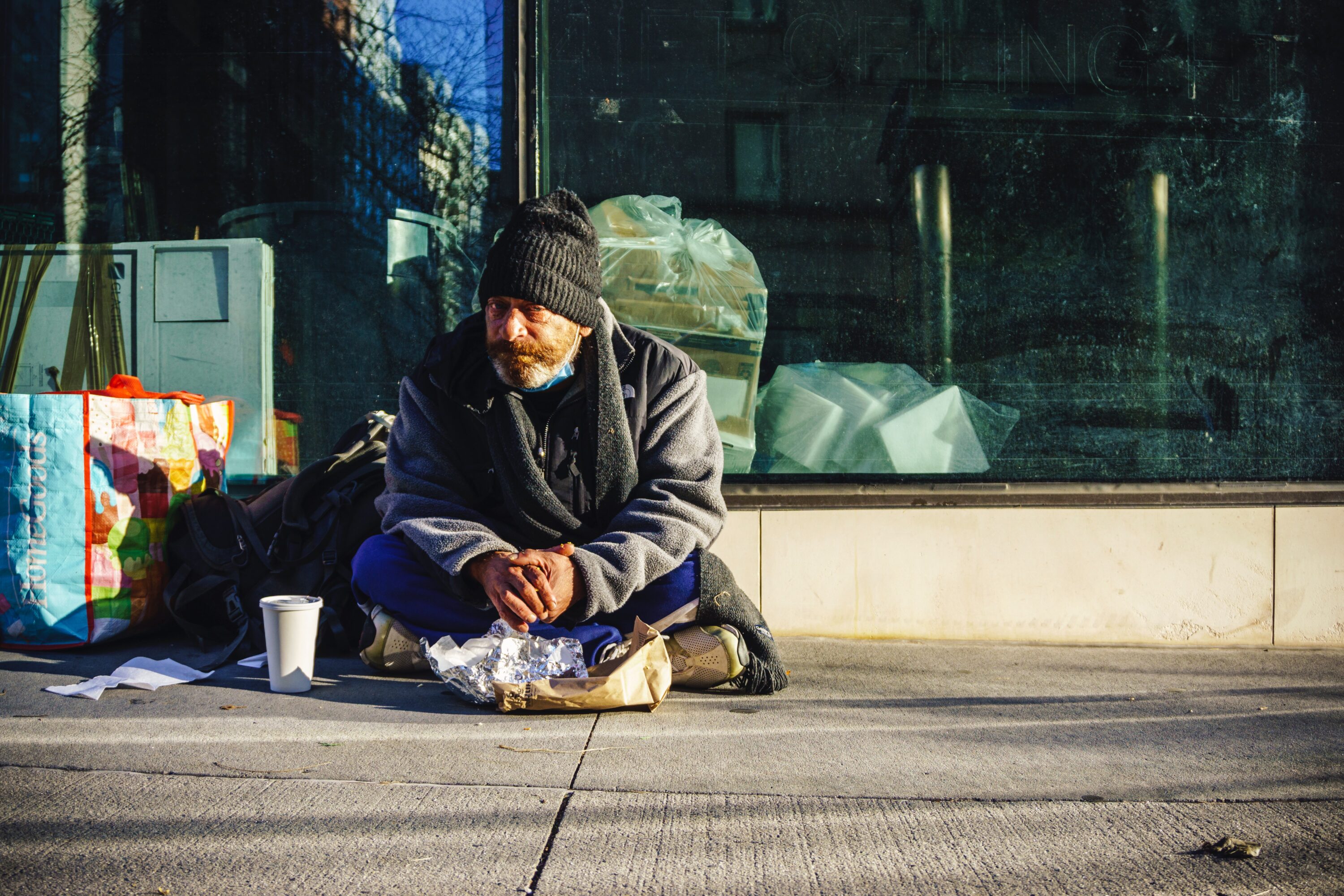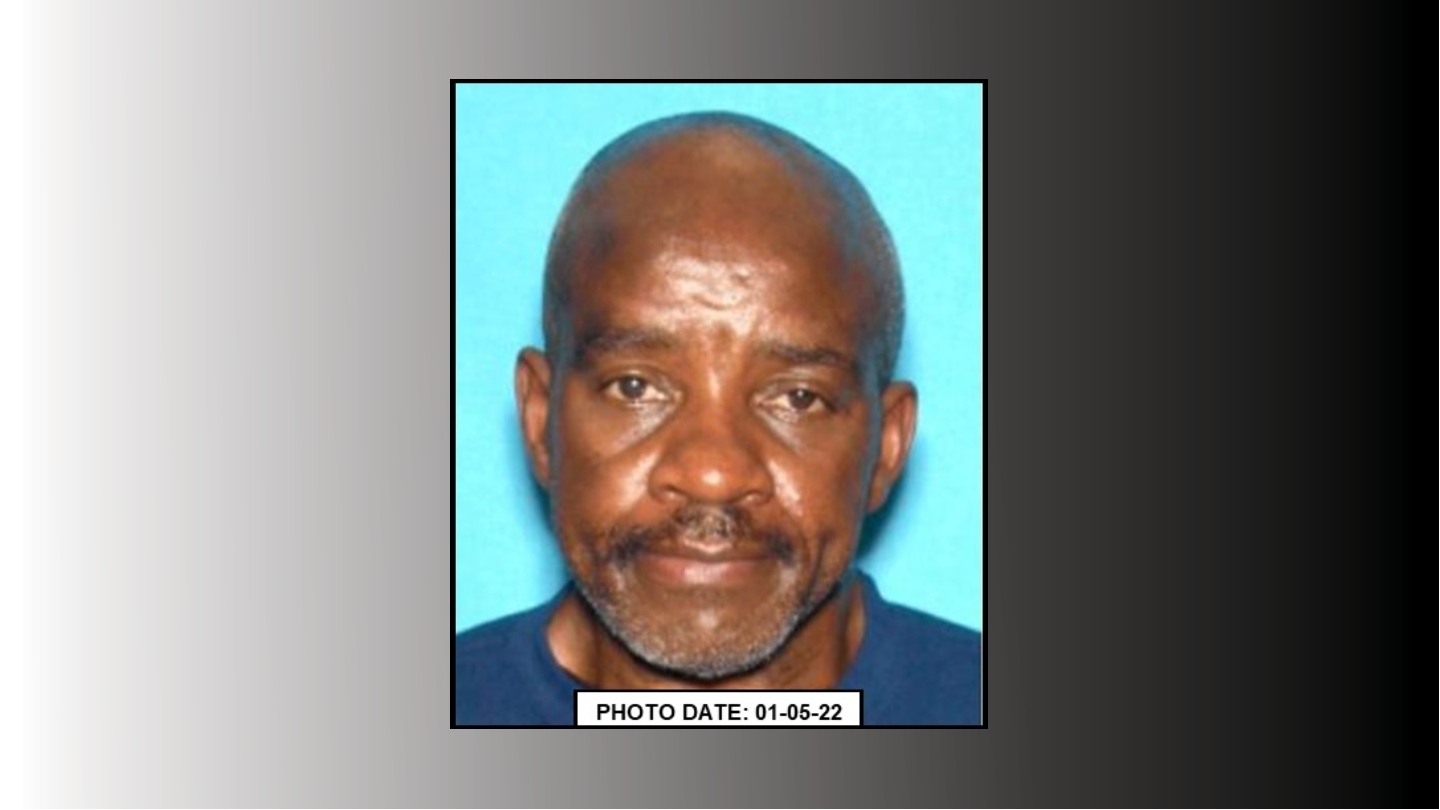The Los Angeles City Council approved a settlement with the LA Alliance for Human Rights Wednesday in which the city will spend up to $3 billion over the next five years to develop as many as 16,000 beds or housing units for the homeless, enough to accommodate 60% of the homeless population in each of the 15 City Council districts.
The settlement of the federal case does not include Los Angeles County, which is also a defendant in the lawsuit, but city officials said the county will be responsible for providing services and housing for homeless individuals with serious mental illness, substance-use issues or chronic physical illnesses.
City leaders said the county must provide services for that segment of the homeless population, since it has the medical and social-work facilities to do so — while the city does not.
The actual number of housing units and beds the city will be required to build under the settlement remains uncertain, pending the results of the recently conducted “point-in-time” countywide homeless count. But city officials estimate that meeting the terms of the settlement will require the addition of 14,000 to 16,000 beds, costing between $2.4 billion and $3 billion.
A large portion of those required units are believed to be already in the planning stages with funding from the 2016 voter-approved Proposition HHH, a $1.2 billion bond measure to fund homelessness solutions.
According to the most recent homeless count, conducted prior to the pandemic in 2020, the countywide homeless population was 66,433, a nearly 13% increase from the previous year. The city of Los Angeles homeless population was 36,165, up 14% from the prior year.
The county was named as a co-defendant with the city in the March 2020 complaint, but it recently withdrew from closed-door settlement talks in Los Angeles federal court.
Los Angeles County “must step up and do their part,” City Council President Nury Martinez told reporters at a news conference in April at City Hall.
In February, U.S. District Judge David Carter ordered a series of mandatory settlement talks to begin after city and county representatives indicated they had no sense of when or if they might strike a deal that would lead to an agreement with the Alliance — an association of downtown residents, homeless individuals and property owners who filed the suit.
The lawsuit brought by the L.A. Alliance had been on hold almost since it was filed, with the goal of forcing local government to “comprehensively” deal with the homelessness crisis downtown.
Settlement talks eventually expanded from the original lawsuit focus of downtown’s Skid Row area to the thousands of transients living under or next to the region’s freeways, then ultimately to the county’s entire homeless population.
Skip Miller, outside counsel for the county, has long argued that the county should not be held accountable for Skid Row because “the city has primary jurisdiction.”
Miller issued a statement in April saying the lawsuit “has no merit with regard to the county.”
“It is between the plaintiffs and the city, and we’re glad they settled,” he said. “We intend to litigate and win this case. The county is more than doing its job and doing everything possible to address homelessness without stigmatizing it as a crime. Any assertion that the county has failed on this obligation is utterly baseless. Unlike the lawsuit, which focuses on four miles of downtown L.A., the county is obligated by law to use its resources equitably among all 88 cities and unincorporated areas within the 4,000 square miles of its jurisdiction.”
The plaintiffs said that wherever the homeless are located, services have not kept pace with the ever-expanding crisis.







